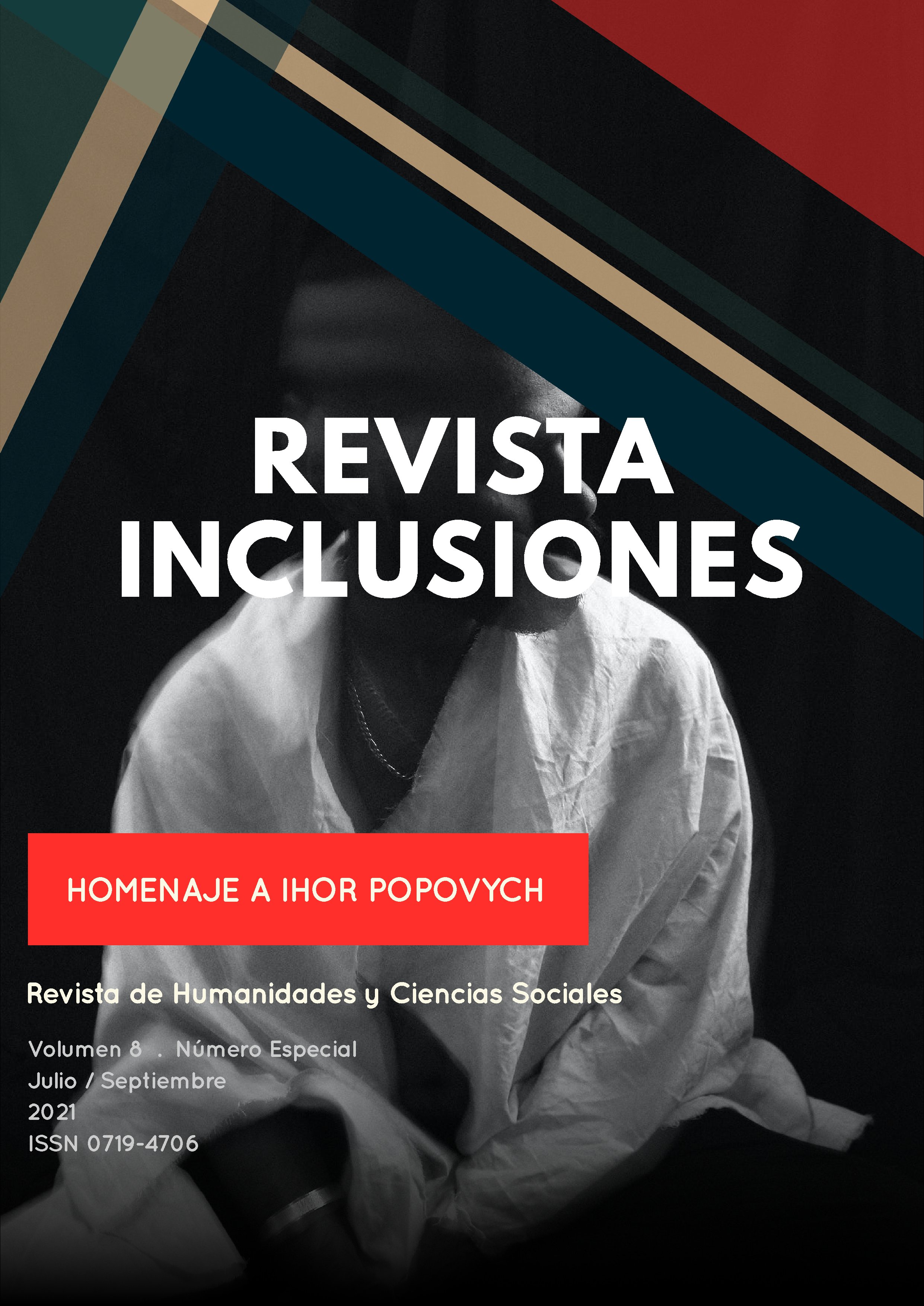SPORT PEDAGOGY: EPISTEMOLOGICAL BASES AND JOINTS FOR SPORTS TEACHING
Abstract
This study aimed to describe the epistemological bases that support sports teaching, highlighting the
elements from the emergent paradigm, especially in Sport Pedagogy, related to the organization,
systematization, application, and evaluation of sports practices. The transition from the cartesian
paradigm (fragmented approach) to the emergent paradigm (contextualized approach) is essential to
understanding the interactionist theories. In the emergent paradigm, the individual is the protagonist
during the teaching process and the interactionist approaches highlights different paths permeated
by the game. The game in this process can be used with different purposes, obtaining characteristics
of “free play”, a “game centered on teaching” and a “game centered on learning”. Furthermore,
considering that Sport Pedagogy seeks to study and intervene during the process of teaching,
learning and sport experiencing, this study highlighted the epistemological bases that support an
intentional and coherent practice, prioritizing the emancipation and humanization of individuals.
Downloads
Published
How to Cite
Issue
Section
License
Copyright (c) 2021 Dr. Otávio Baggiotto Bettega, Dr. João Cláudio Machado, Dr. Bruno Natale Pasquarelli, Dr. Rodrigo Aquino, Dr. Alcides José Scaglia

This work is licensed under a Creative Commons Attribution 4.0 International License.
Los autores retienen los derechos de autor y otorgan a Revista Inclusiones el derecho de publicación bajo Creative Commons Attribution 4.0 International (CC BY 4.0). Esto permite el uso, distribución y reproducción en cualquier medio, siempre que se otorgue la debida atribución al autor.











